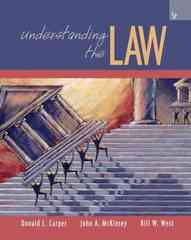Answered step by step
Verified Expert Solution
Question
1 Approved Answer
Which one is the right answer? 58. Free market economists argue that a. markets will not adjust to a demand shock without government intervention b.
Which one is the right answer?

Step by Step Solution
There are 3 Steps involved in it
Step: 1

Get Instant Access to Expert-Tailored Solutions
See step-by-step solutions with expert insights and AI powered tools for academic success
Step: 2

Step: 3

Ace Your Homework with AI
Get the answers you need in no time with our AI-driven, step-by-step assistance
Get Started


